Moving to a new country is both exciting and challenging, especially when it comes to finding employment. Australia, with its robust economy and multicultural society, offers numerous opportunities for new immigrants. However, navigating the job market as a newcomer requires a strategic approach. Here’s a comprehensive guide to help you find a job in Australia as a new immigrant.
1. Understand the Job Market
Before diving into job applications, it’s crucial to understand the Australian job market. Research industries that are currently in demand, such as healthcare, IT, engineering, and education. Websites like Seek, Indeed, and the Australian Government’s Job Outlook can provide valuable insights into job trends and salary expectations.
2. Tailor Your Resume and Cover Letter
Australian employers expect resumes and cover letters to be concise and tailored to the job you’re applying for. Highlight your skills, experience, and achievements that are relevant to the position. Ensure your resume follows Australian standards, including a professional summary, key skills, work experience, education, and references. Avoid including personal details such as your age, marital status, or photo.
3. Network Actively
Networking is a powerful tool in the Australian job market. Attend industry-related events, seminars, and workshops to meet professionals in your field. Join professional associations and online platforms like LinkedIn to connect with potential employers and peers. Networking can lead to job opportunities that may not be advertised publicly.
4. Leverage Recruitment Agencies
Recruitment agencies can be a valuable resource for new immigrants. They can help match your skills with available job openings and provide guidance on improving your resume and interview techniques.
5. Gain Local Experience
Many employers prefer candidates with local experience. Consider volunteering or taking up internships to gain Australian work experience and build your professional network. This not only enhances your resume but also gives you a better understanding of the Australian workplace culture.
6. Improve Your English Skills
Proficiency in English is essential for most jobs in Australia. If English is not your first language, consider taking language courses to improve your speaking, writing, and comprehension skills. Many community centres and educational institutions offer English language programs tailored for immigrants.
7. Understand Your Visa Conditions
Different visas come with different work rights. Ensure you understand the conditions of your visa, including the number of hours you are allowed to work and the type of employment you can undertake. The Department of Home Affairs website provides detailed information about visa conditions and work rights.
8. Be Persistent and Positive
Finding a job can be challenging and may take time, especially as a new immigrant. Stay persistent and keep a positive attitude. Keep applying for jobs, improving your skills, and expanding your network. Rejections are part of the process, but each application brings you closer to your goal.
9. Seek Support Services
Australia offers various support services for new immigrants, including job search assistance, resume writing workshops, and career counselling. Organisations like AMES Australia and Settlement Services International provide resources and support to help immigrants integrate into the workforce.
10. Prepare for Interviews
Once you secure an interview, preparation is key. Research the company, understand the job role, and practice common interview questions. Be punctual, dress professionally, and demonstrate your enthusiasm for the role. Highlight how your skills and experience align with the company’s needs.
By following these steps, you can enhance your chances of finding a job in Australia as a new immigrant. Remember, persistence and a proactive approach are essential in navigating the job market and securing your desired position. Good luck with your job search!

